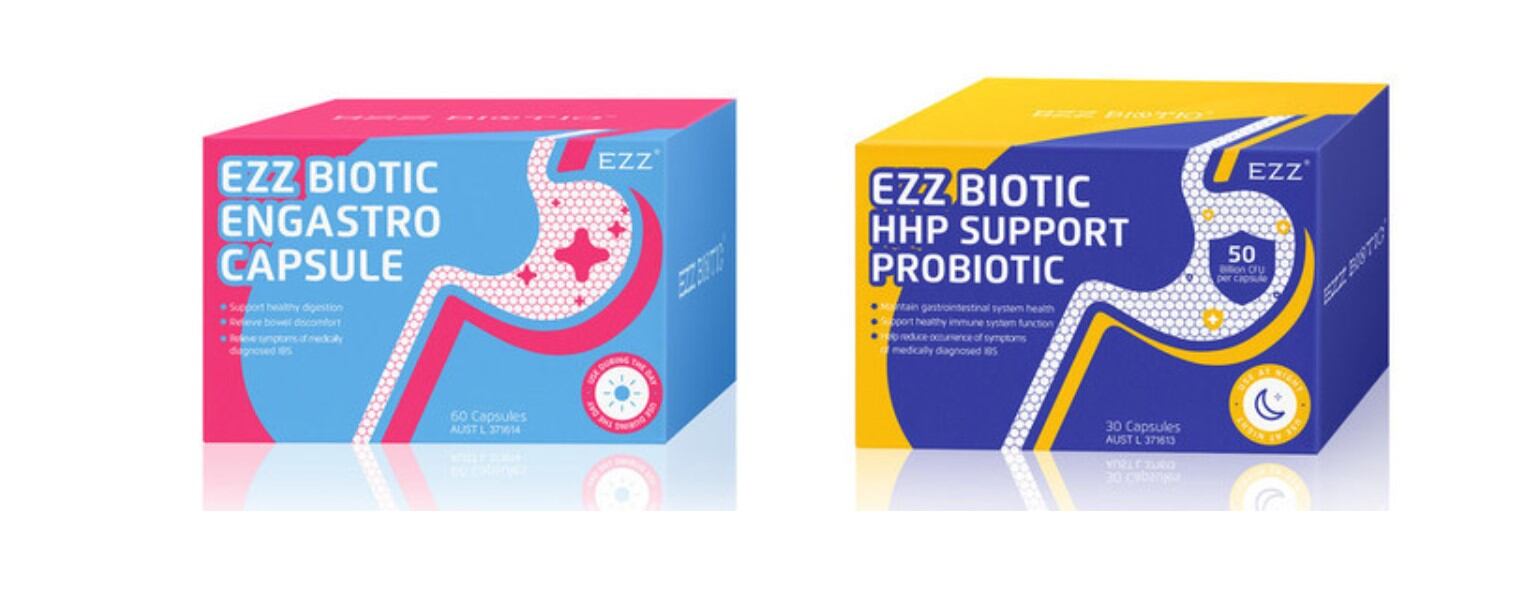Functional diarrhoea is characterised by chronic or recurrent diarrhoea but is different from irritable bowel syndrome, where abdominal pain is the main symptom.
It is also characterised by loose or watery stool frequency, incontinence, and chronic fatigue.
“Despite its high prevalence and comorbidities, the treatments primarily target patient’s symptoms rather than the underlying etiologic mechanisms, as the pathophysiologic basis of FD (functional diarrhoea) is poorly understood,” said researchers from the Ajou University School of Medicine and South Korean food and supplement company CJ CheilJedang.
As such, they have conducted a pilot study to find out if probiotics, in particular, L. plantarum, could reduce the ratio of loose stool symptoms and gut inflammation in patients with functional diarrhoea.
Findings of the study was published in Nutrients.
Study method
The study was a 60-day, double-blind, placebo-controlled randomised trial using the probiotic strain L. plantarum CJLP243.
Twenty-four patients with elevated fecal calprotectin – a commonly used marker of gut inflammation – were recruited into the trial.
They were randomised to either the placebo or the intervention group where they had to take in 10 billion of L. plantarum CJLP243 daily.
The probiotic manufactured by CJ CheilJedang is isolated from kimchi.
It has been shown to exhibit immune-stimulating activity through the enhancement of T cell activation in BALB/c mice.
According to the researchers, the strain was identified from biopsied samples of the jejunum and rectum after oral ingestion of the probiotics. This shows that this strain was able to colonize the human intestinal mucosa.
The study was supported by a grant from the CJ CheilJedang Corporation.
Findings
A decrease in loose stool frequency – defined by a reduction of 30 per cent or more in loose stools from the baseline – was seen in the intervention group after the study.
The probiotic group showed an appropriate treatment response in nine out of 10 of the subjects, whereas only 41.7 per cent of the subjects in the placebo group showed an improvement.
“We observed a statistically significant decrease in loose stools—which was the primary goal of this study—in the probiotic group compared with the placebo group after two months,” the researchers said.
Second, the intervention group also showed a statistically significant decrease in log-transformed fecal calprotectin values. No difference was seen in the placebo group.
Third, the intervention group had a significant increase in the level of Leuconostoc genus in their gut microbiota based on the linear discriminant analysis effect size analysis.
Leuconostoc is a lactic acid-producing bacterium present in Kimchi that is commonly consumed by Koreans.
“Since Leuconostoc is a lactic acid-producing bacteria like L. plantarum, it may have contributed to suppress the growth of some pathogenic bacteria and improved the immune system by lowering the acidity in the intestine,” the researchers explained.
Mechanism
The researcher said that the exact mechanism in how the probiotic strain worked remain unknown, however, one mechanism could be its ability to restore the unbalanced gut microbiota.
In addition, exo-polysaccharides from L. plantarum could have reduced the production of pro-inflammatory cytokines and enhanced the production of the anti-inflammatory cytokines.
“The findings suggest that the intake of L. plantarum caused an increase in Leuconostoc genus organisms, which might help to improve FD symptoms and reduce microscopic intestinal inflammation,” they concluded.
Source: Nutrients
A Randomized, Double-Blind, Placebo-Controlled Trial to Assess the Efficacy and Safety of Lactiplantibacillus plantarum CJLP243 in Patients with Functional Diarrhea and High Fecal Calprotectin Levels
https://doi.org/10.3390/nu14020389
Authors: Kyu-Nam Kim et al





